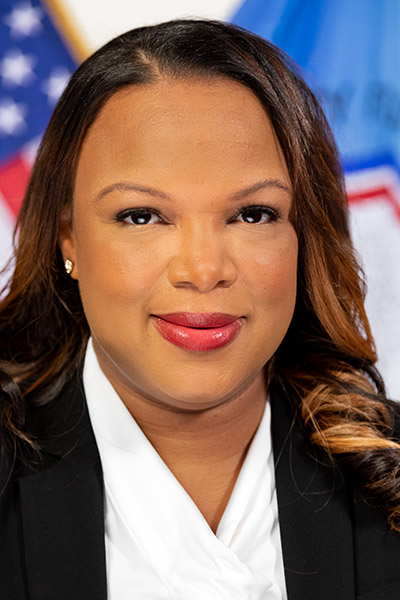Kristin Johnson’s 21 May announcement that she will step down as a commissioner at the US Commodity Futures Trading Commission “later this year” could leave the agency with only one sitting commissioner.
While she did not specify a date, Johnson intends to return to academia following her service at the CFTC.
Her announcement follows those from the other three commissioners that they intend to step down, too.
“Congress formed the Commission 50 years ago to gain the diverse views of five independent commissioners. I can’t think of another time when the CFTC had just one commissioner. This would place the agency in unprecedented waters,” said FIA President and CEO Walt Lukken, himself a seven-year CFTC commissioner and former acting chair.
On 14 May, Summer Mersinger, a Republican, kicked off the announcements, saying she will step down at the end of this month. In her next role, she will serve as chief executive officer of the Blockchain Association.
Acting chair Caroline Pham confirmed her earlier comments about stepping down at an event in Amsterdam the next day. The Republican will depart once the Senate confirms CFTC chairman nominee Brian Quintenz.
Continuing the trend, Christy Goldsmith Romero, a Democrat, announced on 16 May that she would step down at the end of May and retire from federal service after 23 years. She will join the faculty at Georgetown University's law school.
Depending on Johnson's timing, it could leave the commission with a single member, with either acting chair Pham or Quintenz at the helm, if the Senate confirms him before Johnson’s exit.
According to the Commodity Exchange Act, the statute that governs the CFTC, “A vacancy in the commission shall not impair the right of the remaining commissioners to exercise all the powers of the commission.”
Given that President Trump has not nominated anyone else for the commission and that the CEA does not define a quorum for the commission, it remains a question whether a sole commissioner can serve as both chair and the commission.


